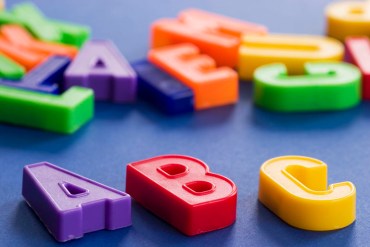Very young children who endure neglect, abuse and dysfunctional home lives go on to struggle as kindergartners, leaving them at risk for more difficult years as adolescents and adults, a new study finds.
Adverse childhood experiences before age 5 were linked with poor academic and behavioral performance in kindergarten, said researchers who examined a sample of about 1,000 urban children. Their study was reported in the journal Pediatrics this month.

“Relative to children with no ACEs, children who experienced ACEs had increased odds of having below-average academic skills including poor literacy skills, as well as attention problems, social problems, and aggression, placing them at significant risk for poor school achievement, which is associated with poor health,” the authors said.
The adverse experiences included varieties of maltreatment — psychological, physical or sexual abuse or neglect — as well as household dysfunction — such as maternal depression, substance abuse, incarceration or violence toward the mother.
Forty-five percent of the children in the study had no adverse experiences, 27 percent had one, 16 percent had two and 12 percent had three or more.
The researchers from children’s hospitals in New Jersey and Philadelphia analyzed data from a national group of participants in the Fragile Families and Child Wellbeing Study, drawing on the study’s follow-up interviews with mothers five years after their child’s birth and data on teacher-reported school performance near the end of the child’s kindergarten year.
Teachers rated about a quarter of the children below-average for literacy and math skills. Children with more adverse experiences generally showed worse academic, literary and behavior outcomes, the study said.
Dr. Manuel Jimenez, the study’s lead author and assistant professor of pediatrics, family medicine and community health at Rutgers Robert Wood Johnson Medical School, said that when he sees children having academic or behavioral difficulties, there are often deeper problems that originate at home. The analysis adds to a growing body of research that shows behaviors that start in early childhood can lead to dropping out of school, committing crimes and poor health in adulthood.
“This affects children’s ability to do well in school, the work world and the likelihood in ending up with trouble with the law or fitting into society. All those things come together and it’s a vicious cycle that repeats itself. And if we don’t intervene, then they evolve in less healthy ways and that repeats for the next generation,” said Debra Ness, president of the National Partnership for Women & Families.






